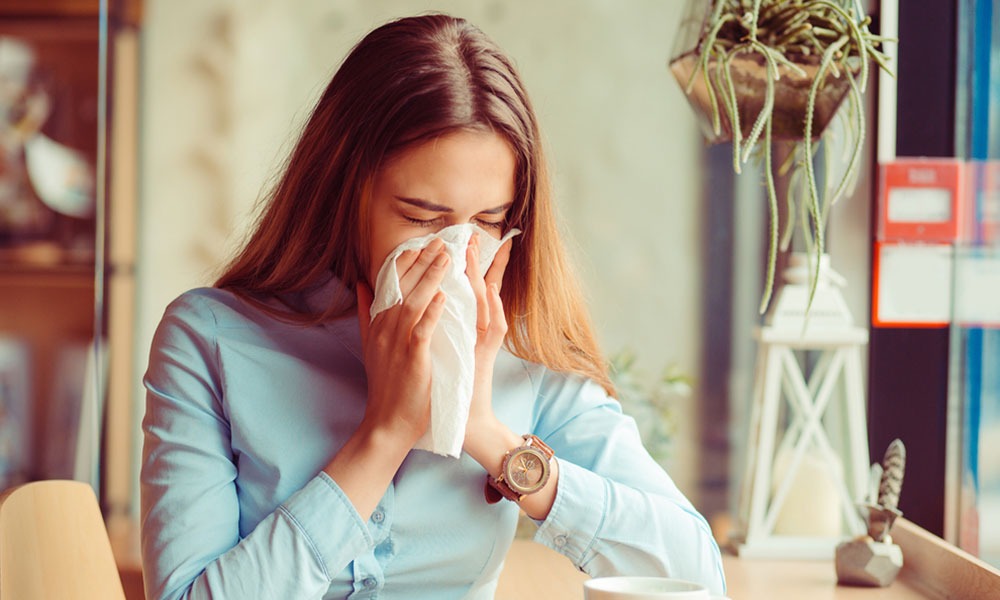Health Tips
How to Prevent Influenza
Influenza, or also commonly known as the flu, takes countless lives every year, and sadly most of the victims could have possibly prevented this virus from taking their lives if they protected themselves with a flu shot. The Center for Disease Control states that getting a flu shot is the most important measure you can take when trying to protect yourself from this potentially deadly virus, and if you choose not to take their advice, then you are taking an unnecessary, monumental risk that could most likely be prevented.
What Are The Benefits of Getting a Flu Shot?
Taking the time out of your busy schedule to receive a flu shot can not only help prevent influenza, but it can also reduce the duration of the symptoms if you happen to become infected. The Center for Disease Control also recommends that anyone over the age of six months old be vaccinated before the end of October of every year. This vaccine will also help prevent hospital visits due to the virus, and it could very well save your life.
Who Are Most at Risk?
You might be wondering if you, or someone you know is at risk from getting sick with the flu, and generally most people will one day or another contract the flu sometime over the course of their lives, but for some people, the flu can mean deadly consequences. According to the CDC, those who are most at risk from the dangers of influenza are elderly people, small children, and people with low immune systems.
More Ways to Prevent Influenza
One of the most important ways, other than getting the flu shot, to prevent influenza, is by doing your best to stay away from others that are sick. Staying away from sick people means that you will avoid contracting any infectious viruses that they too might be carrying at the time, and that is something we definitely don’t want to catch! Also, be diligent about washing your hands often, especially after you use the restroom, and after you have any personal contact with another person. If soap and water are unavailable, alcohol based hand rubs are your next best option. When at home, do your best to wash and disinfect any surfaces that you or other people come in contact with. Killing germs is an uphill battle, but it sure beats getting sick!
What Are Some of the Symptoms of Influenza?
- Fever of over 100.4 degrees
- Chills and sweats
- Nasal congestion
- Dry cough
- Headache
- Muscle aches
The influenza virus can be accompanied by any, or all of these symptoms, but the main tell tale sign of this virus is having a fever. If you develop any of these symptoms in conjunction with a fever or chills and sweats, then it is time to see a doctor to get treated for your illness. We don’t have to remind you of the dangers of not being treated, and the virus does have the ability to become a medical emergency. The best time to receive treatment is as soon as you notice symptoms, but anti-viral drugs are still extremely effective up to forty-eight hours of exposure.
HEALTH CARE DISCLAIMER: This site and its services do not constitute the practice of medical advice, diagnosis or treatment. Always talk to your health care provider for diagnosis and treatment, including your specific medical needs. If you have or suspect that you have a medical problem or condition, please contact a qualified health care professional immediately. If you are in the United States and experiencing a medical emergency, call 911 or call for emergency medical help immediately.



